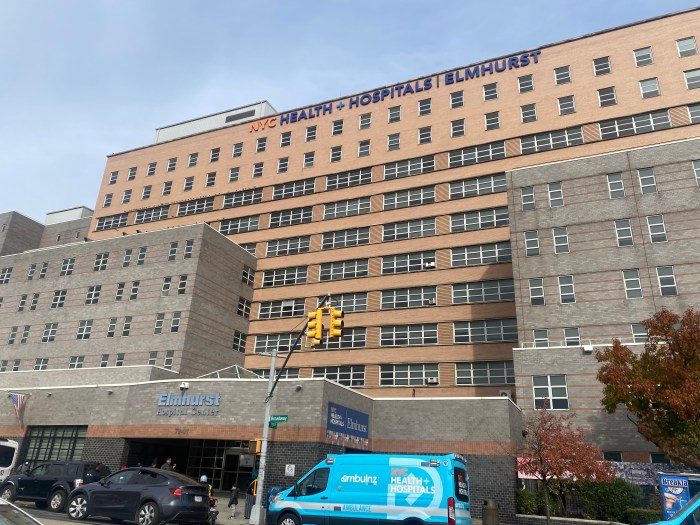As the aging population increases, it is important that family members are informed on how to care for elderly loved ones. Partners in Care, a not-for-profit organization affiliated with Visiting Nurse Service of New York, has dedicated over 20 years to caring for the elderly and helping family members.
There are three essential planks to successfully taking care of your elderly family members, according to Partners in Care.
Communicating with elderly family members is extremely important. At a time when your elderly loved ones are feeling vulnerable it is important to respect their desire to remain somewhat independent and to have a sense of control over their life and future.
To avoid sounding over bearing, it is important to have an open family discussion. During the discussion make it is clear that you are concerned for their well-being. It is also helpful to present options for care and money management and consciously take your loved ones’ wishes and preferences into account. It is important to realize that while your loved one is aging they still may know what is best for them, unless they lack the mental ability to make decisions concerning their health or safety.
Renata Gelman R.N., BSN Partners in Care’s clinical manager, said there are ways to help your loved one get used to the idea of having in-home assistance.
“We advice to start slowly by getting a health aid for a few hours one day a week,” said Gelman. “Depending on how the trial goes you can add days and hours to the nurse’s shift or try a different tactic all together.”
Along with communicating with you family member, it is also important to communicate with your family member’s doctor. By having a close relationship with their doctor you can educate yourself about your loved ones’ medical care.
It is also important to have a relationship with the doctor because you can’t always rely on your loved one for every detail of their medical information, according to Gelman.
“As they [your loved ones] get older it is important to take a strong role in their medical options,” she said. “If there are any changes with your loved one you will get immediate and accurate information from the doctor.”
Accompanying your family member to their medical appointments may not only make them feel more comfortable, but you can act as a health advocate for them and take notes that may be helpful during a future discussion. It is important to find out about your loved ones’ health and nutritional status, for example, if they have high cholesterol or high blood pressure. Once you have that information you can take necessary steps to manage the condition and find out what targets they should be aiming for with the help of lifestyle modifications and/or medication.
While discussing lifestyle modifications, have the doctor make a clear diet and exercise plan for your loved one. You should know what foods are and are not acceptable, how often they should be exercising and what special precautions, if any, could be taking to prevent infections.
It is extremely important to have the doctor explain the purpose of every medication. If you are the primary caregiver to your elderly family member you should be informed on how the medications work, how often they should take the medication and what side effects can be expected.
Gelman suggests that the primary caregiver take a proactive role in monitoring their loved one by administering all medications themselves.
“We think it’s much safer that way, and in the end everyone just wants what it best for their loved one,” she said.
The final plank, described by Partners in Care, in providing successful care for an aging loved one is to monitor their health. Statistics show that it is normal for the elderly to be forgetful, so it is important to make sure they are getting regular check-ups from a primary physician and seeing a specialist for routine screenings.
Having good communication with the doctors is very helpful in monitoring your loved ones’ health because then you are able to follow up with doctors to see how well your family member’s condition is being treated or managed. Once you are informed, you and your loved one can decide whether the current regimen is working or if changes are necessary.
It is quite common for aging individuals to see more than one doctor. Therefore, it is important that each doctor is aware about the other doctors your loved one is seeing. If each doctor is informed it is easier to keep all health records together that will help the doctors better treat your loved one.
Knowing when to start worrying about the health of an aging loved one isn’t always easy, explains Gelman.
“It is important that family members start researching health care options earlier rather than later,” she said.
There are various signs to be aware of when a loved one is in need of extra attention according to Gelman. Certain signs include deteriorating memory, poor hygiene and depression.



































